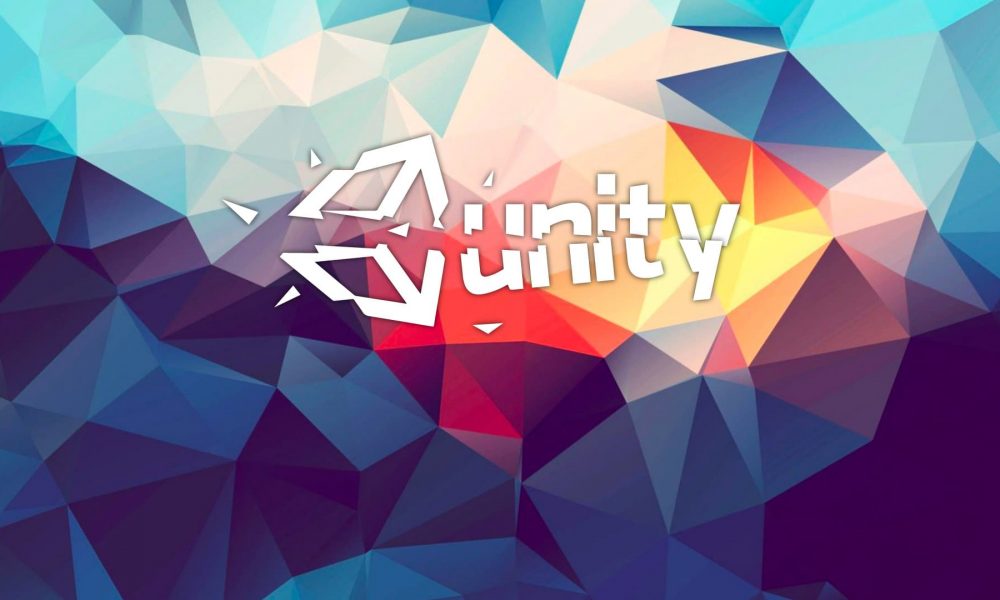

Unity Faces Backlash Over New Pricing Model.
As a game developer who relies on Unity for my projects, I couldn’t help but feel a sense of disappointment when I heard about the recent changes in Unity’s pricing model. This news has come as a shock to everyone and I wanted to take you through the original issue, the subsequent backlash from developers, and the potential U-turn that Unity seems to be considering.
The Initial Shock: Unity’s Runtime Fee
On Tuesday, September 12, Unity dropped a bombshell by announcing the introduction of a “runtime fee” for developers. Starting from January 1, 2024, game creators would be required to pay a fee each time a player installed their game. This decision was met with shock and outrage, especially among indie developers.
Unity specified that this fee would only apply to games that had made over $200,000 in the last 12 months and had at least 200,000 lifetime installs. For Unity Pro and Unity Expertise users, the thresholds were even higher. This fee, calculated based on monthly installations and varying by the developer’s Unity plan and location, left many developers concerned.
The Backlash: Outcry from the Developer Community
The gaming community, particularly indie developers, expressed their anger and frustration on social media. Concerns were raised about the potential for malicious users to uninstall and reinstall games, burdening developers with hefty costs. Developers also feared that games included in charity bundles or subscription services like Xbox Game Pass could incur substantial charges.
Indie developer Aggro Crab highlighted the impact on Xbox Game Pass, stating that the Unity runtime fee could significantly dent their income if their game was downloaded by millions of subscribers. Unity’s decision was seen as potentially detrimental to charity bundles and indie developers’ sustainability.
Unity’s Attempt to Clarify
Unity attempted to clarify the situation by explaining that the majority of developers using Unity Editor wouldn’t be affected. The runtime fee would primarily impact developers with successful games generating revenue above the specified thresholds. Unity’s FAQ section aimed to address developer concerns.
In an interview, Unity’s president for Create solutions, Marc Whitten, made efforts to mitigate concerns. He claimed that developers wouldn’t be charged for multiple installs by malicious users, but only for initial and second installations on different devices. He also assured that games in charity bundles wouldn’t incur charges. However, some developers remained sceptical.
A Possible U-Turn?
Unity’s recent statement on Twitter acknowledged the confusion and discomfort caused by the runtime fee policy. They expressed their commitment to listening to the community, customers, and partners, and promised to make changes to the policy, with updates expected in the coming days.
Despite Unity’s claims of confusion, developers still appear uneasy about the policy. Some are calling for a complete reversal or a more traditional revenue-sharing model. Unity’s reputation has taken a hit during this process, with developers exploring alternatives like Godot.
As a Unity user, I hope that Unity’s reconsideration leads to a fairer and more developer-friendly pricing model. The next few days will be crucial in determining Unity’s stance and whether it can rebuild trust within the game development community.



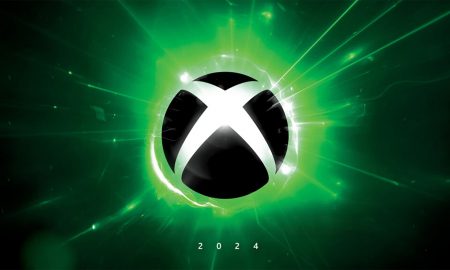


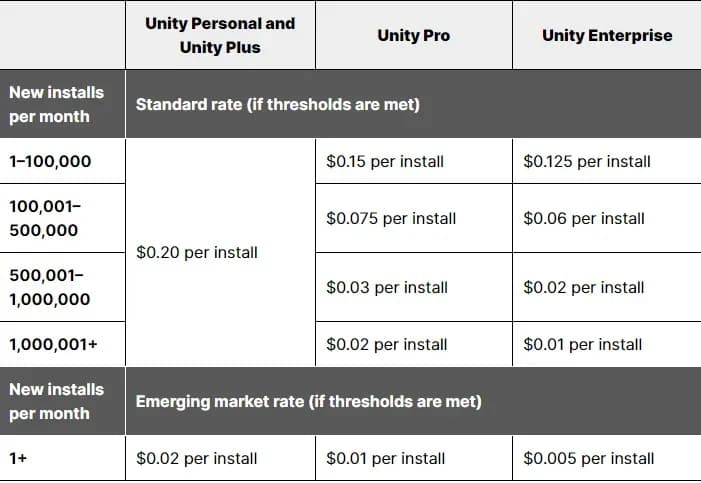








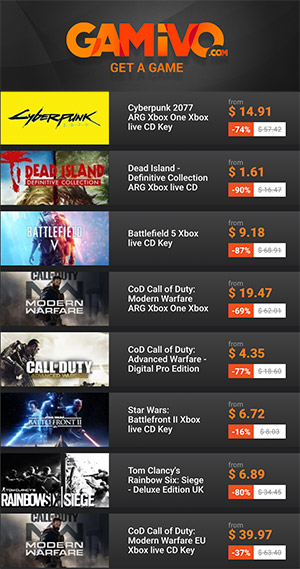















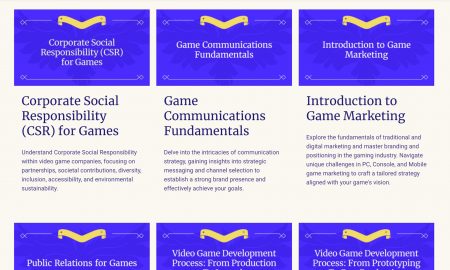
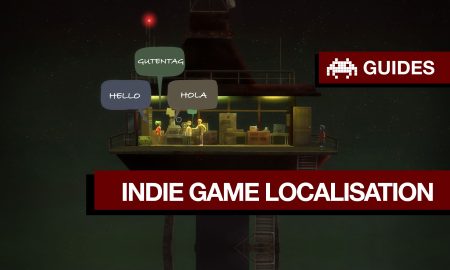

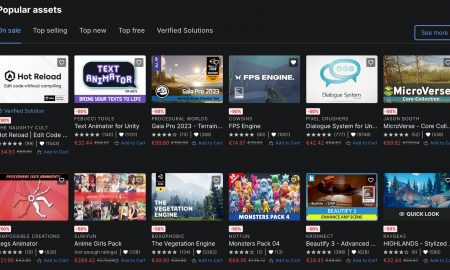

You must be logged in to post a comment Login